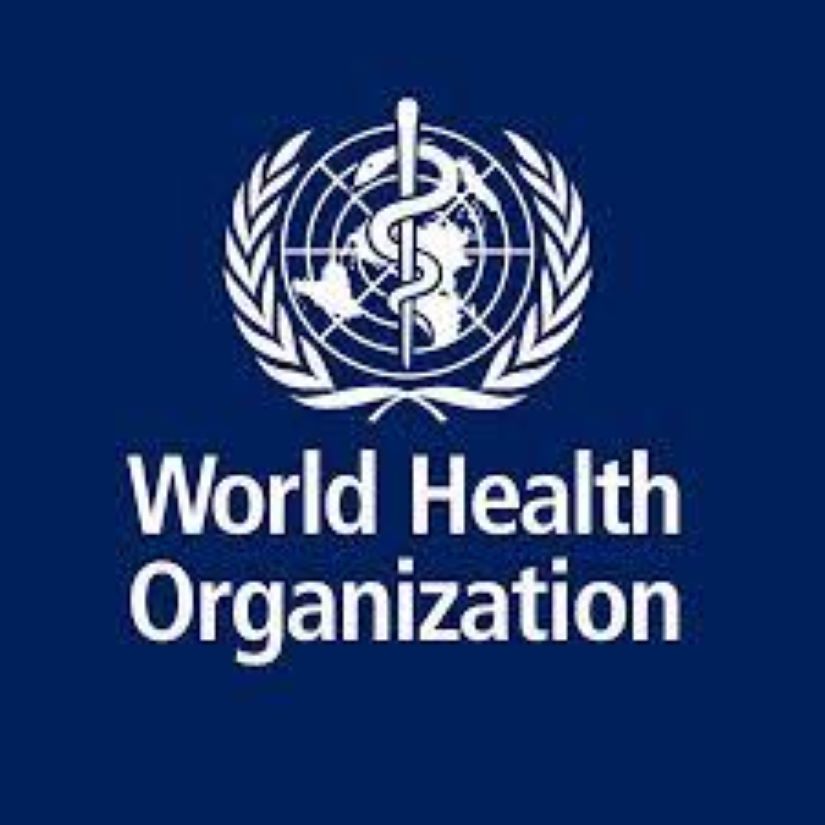By Hassan Zaggi
In order to the encourage farmers to abandon tobacco farming, the World Health Organisation (WHO), has urged African leaders to support tobacco farmers to switch to other alternative crops by ending tobacco growing subsidies and using the savings for crop substitution programmes to improve food security and nutrition.
In a statement to mark the 2023 World No Tobacco Day, the WHO Regional Director for Africa, Matshidiso Moeti, noted that shifting from tobacco to nutritious food crops has the potential to feed millions of families and improve the livelihoods of farming communities in Africa.
“Such initiatives will also combat desertification and environmental degradation, raise awareness in tobacco farming communities about the benefits of moving away from tobacco and growing sustainable crops and exposing the tobacco industry’s efforts to obstruct sustainable livelihoods work in the Africa Region,” she stressed.
She noted that the World No Tobacco Day provides the opportunity to highlight the dangers associated with tobacco use and exposure to tobacco smoke.
Dr. Moeti, however, revealed that Tobacco growing and production exacerbates nutrition and food insecurity. According to her: “Tobacco farming destroys the ecosystems, depletes soils of fertility, contaminates water bodies and pollutes the environment.
“Any profits to be gained from tobacco as a cash crop may not offset the damage done to sustainable food production in low- and middle-income countries.”
She further revealed that: “Nearly 828 million people are facing hunger globally. Of these, 278 million (20%) are in Africa .
“In addition, 57.9% of people in Africa suffer from moderate to severe food insecurity. This jeopardizes the region’s attainment of SDG 2 which aims to end hunger, achieve food security and improved nutrition, and promote sustainable agriculture.
“The intensification of the major drivers behind recent food insecurity and malnutrition trends, such as conflict, climate extremes, and economic shocks, further compounds this situation.
“Therefore, our concerted actions are essential, so everyone has enough food. We face a grave challenge in food and nutrition security imposed by the increasing tobacco farming in the Africa Region.”
Available data, she disclosed, shows that while the area under tobacco cultivation decreased by 15.7% globally, in Africa it increased by 3.4% from 2012 to 2018. During this period, she said, tobacco leaf production globally reduced by 13.9%; however, it increased by 10.6% in Africa.



